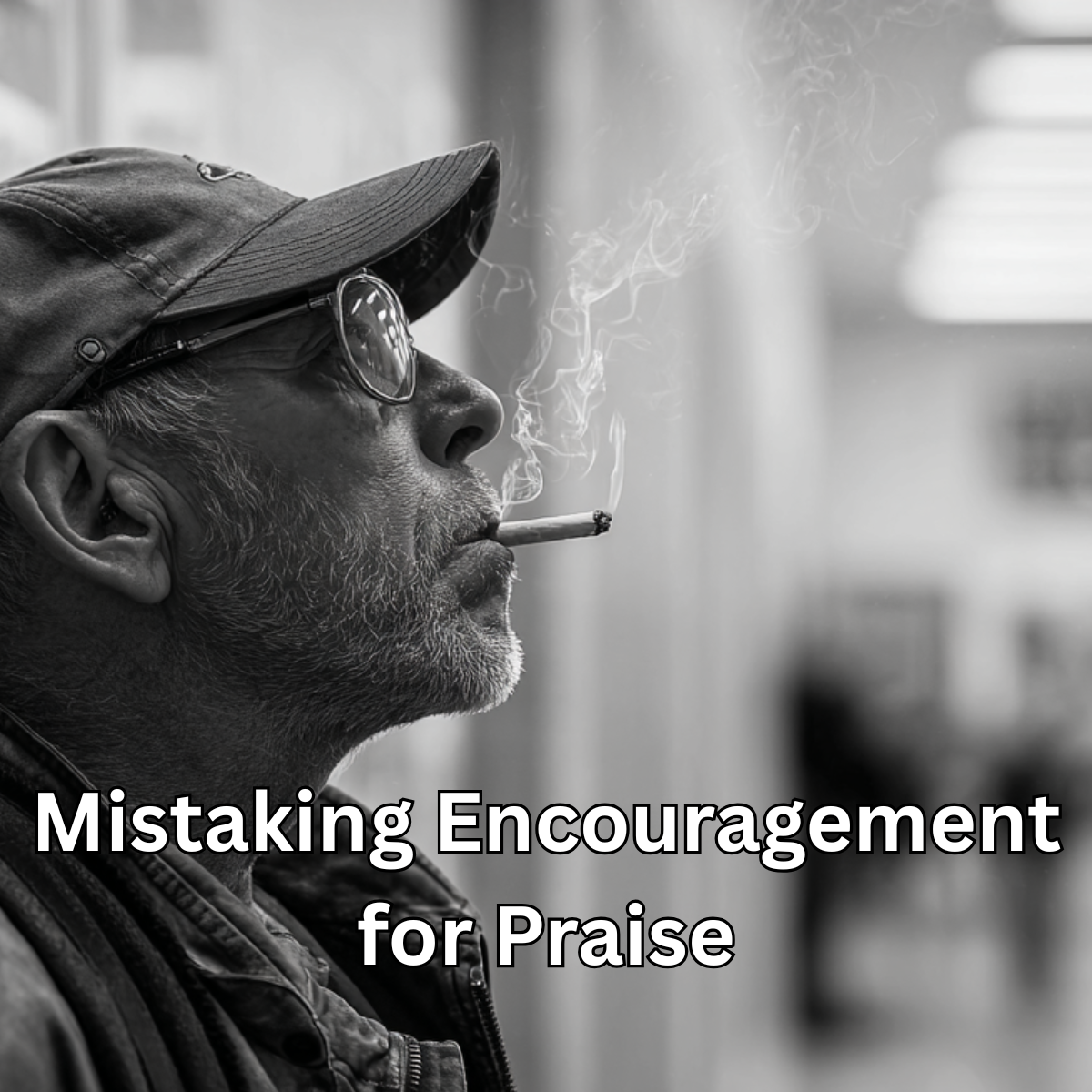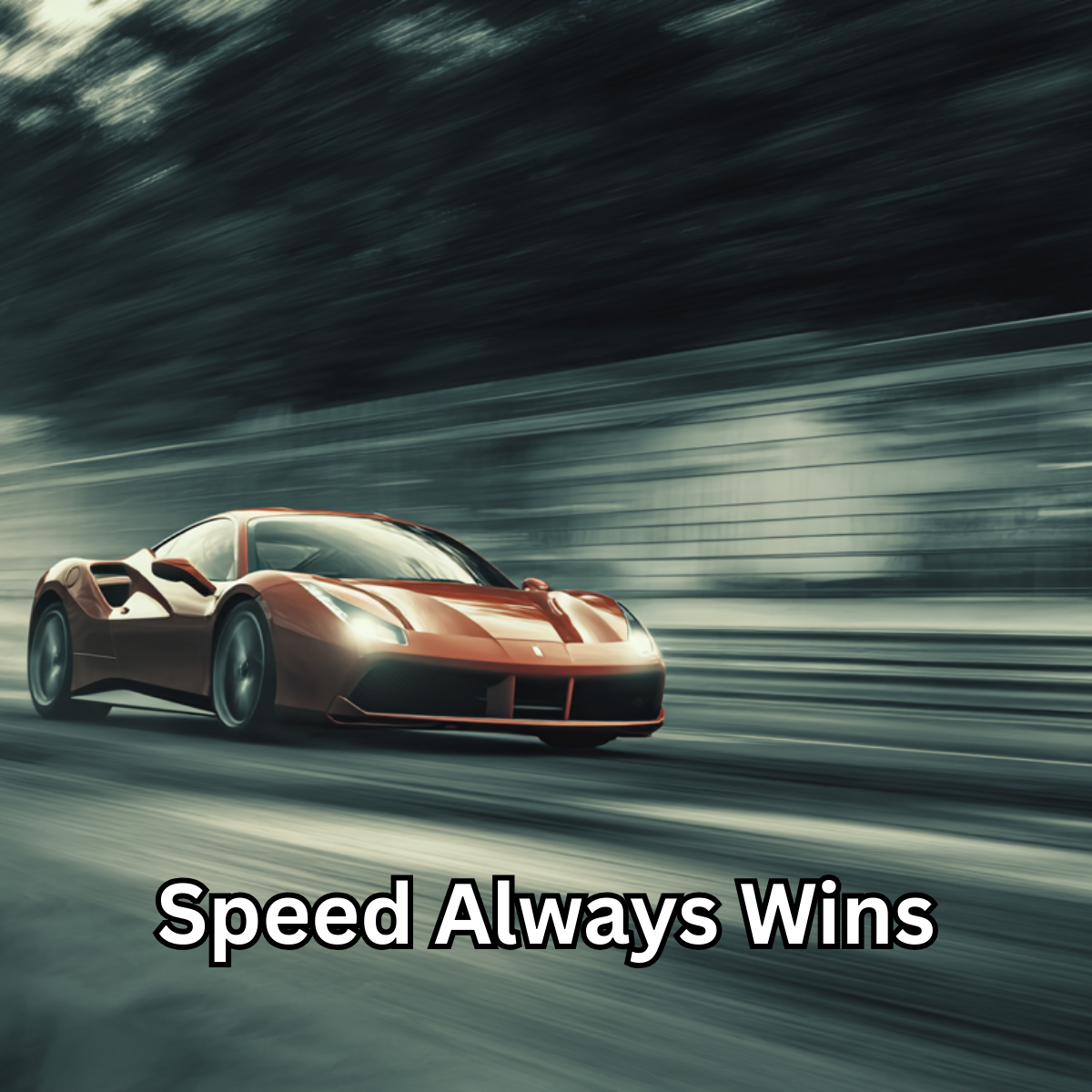Many young professionals make the mistake of taking encouragement as praise. I was guilty of this myself. I am not exceptionally talented in any particular way—probably, if I have any base attribute, it would be curiosity. I am reminded of a time early in my career when I was working for a computer training company. I got hired as an instructor, and it was common for this group of classroom computer instructors to stand around outside and talk during breaks. One of these seasoned trainers was a retired helicopter pilot who had served a stint in Vietnam. He was, as you would expect, sarcastic, full of backhanded cynicism, and more than willing to tell you a story or two. I wanted to fit in, so I would hang out with him and complain about the world.
One day, as we were standing there, our manager came up to the group and asked, “Does anyone know MacOS? We have a new class we need to offer.”
No one was stupid enough to raise their hand—but I was. You see, I was ambitious and thought very highly of myself. People had always said that I was smart and highly capable. They said that I was going to be successful and that I was incredibly gifted for such a youngster. I sort of knew the MacOS, only because I was born in the early ’70s. You see, I have been around for all the Apple resurgences. From the Apple II to the iPhone, I have had this love/hate relationship with the company. So yes, I knew the MacOS. The time of this question was the early ’90s, and the MacOS had been around since 1984. So I raised my hand.
After the manager left, the former helicopter pilot shook his head and laughed. “You have a lot going for you, kid—not because you are special, but because you are young. I was just like you once. Go spend your nights and weekends learning MacOS 7. We’ll talk again when they announce MacOS 10 or something else.”
He was right. I spent a ton of time learning MacOS to impress my boss. I never did teach the class, and this seasoned veteran was right—version 10, called X, was a complete and total departure from the previous versions. I had to learn all over again. Except this time, I was a few years older and had taken a few sips from the cynicism bucket myself.
I learned in that moment, as he put his cigarette out on the wall and headed back in to teach his NetWare CNE course, that all the compliments that had been heaped on me for years were just adults encouraging me. I was not special. I was just like this old guy, taking a break from teaching my computer class. He was teaching people how to replace mainframes that he had installed when he was my age, and he was right. In 30 years, I would be teaching people how to get rid of the open systems that I had been learning to install in the ’90s. Sure enough, that is what has happened. I have had more than one wild-eyed kid tell me excitedly about a new technology and how awesome it is, and although I share in their enthusiasm, I know the truth: your advantage is not that you can learn fast—your advantage is that you are young.
You see, we want to believe that we are exceptional, special, a unique bright spot in a sea of dullards. The development of our ego creates this for us, and it is ultimately a good thing. I got bullied a lot growing up, so my defense mechanism was to become wickedly smart. I would outthink them, and I’m pretty sure I did. However, that was not special, and the two kids that bullied me ended up growing up into adults just like me. There was nothing too exceptional about them, and there was nothing really exceptional about me either. They were just bigger and older and had fun picking on the smart-ass new kid in the neighborhood. My ego was built around my ability to read and digest information and outsmart other people. Teachers would praise my reading level and express enthusiasm about my knowledge of so many things at such a young age. There was nothing special and unique about this—I was just motivated to read because I was never going to survive on the football field or in shop class.
Now, there may be an occasional savant that is born with some miraculous ability, but that is extremely rare. Most people are not born with any incredible and unique talent that marks them above any other human. We tend to believe this because we are told this, and then our ego defends it as we grow up. The reality is that we are all more alike than we want to admit, and we all develop in remarkably similar ways. Adults provide encouragement because that is what young people need as they develop. Note that when you get to a certain age, that encouragement stops—and now you become competition. The praise stops rather suddenly when you can no longer be used to teach that MacOS class, when you are wise to the fact that you are going to get paid the same no matter what, and that the MacOS course will never get any students because no one wants to take a MacOS 7.1 course anyway.
Although you are not born a superstar like Taylor Swift, and you are not a next-level genius like Elon Musk, you actually are special in the fact that you are human. We as a species are quite incredible, really. That alone is enough to provide you with the confidence that you can do just about anything you set out to achieve. The danger is that you really start to believe that somehow you are special because of all the praise you received as a child—and you translate that into your work ethic. You start to believe that things will always be handed to you, because that is what has always happened. That old helicopter pilot turned computer teacher taught me a profound lesson that morning: be careful not to believe the hype. The praise people have dumped on you most of your life is encouragement, not some evidence of your natural-born talent. The reality is that if you want something in life and you are old enough to be competition for other adults, you are going to have to work for it.




